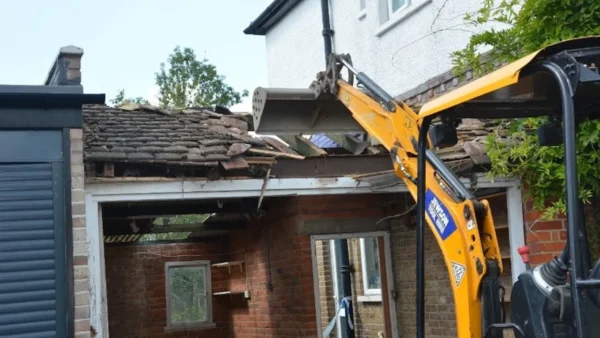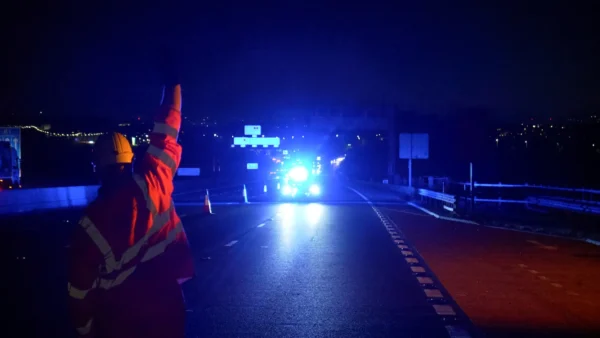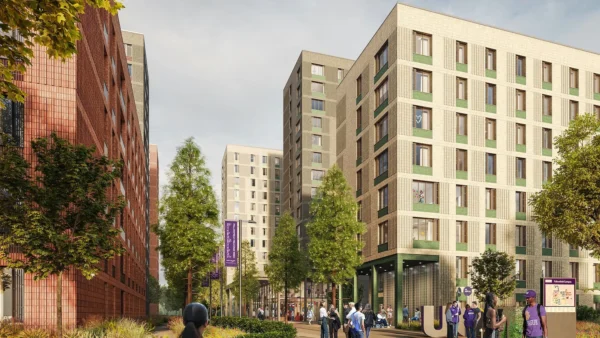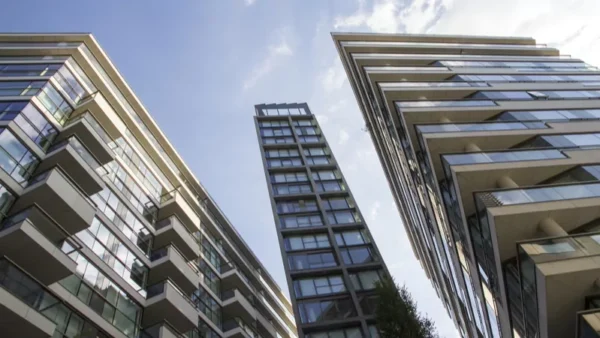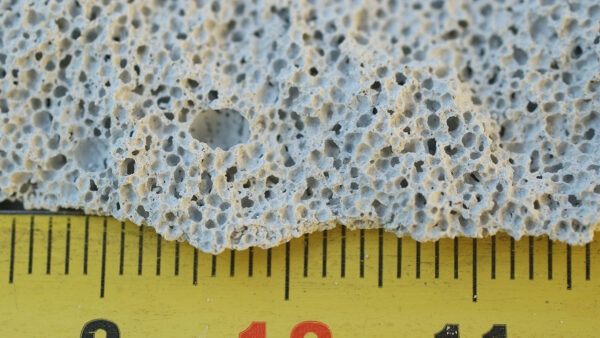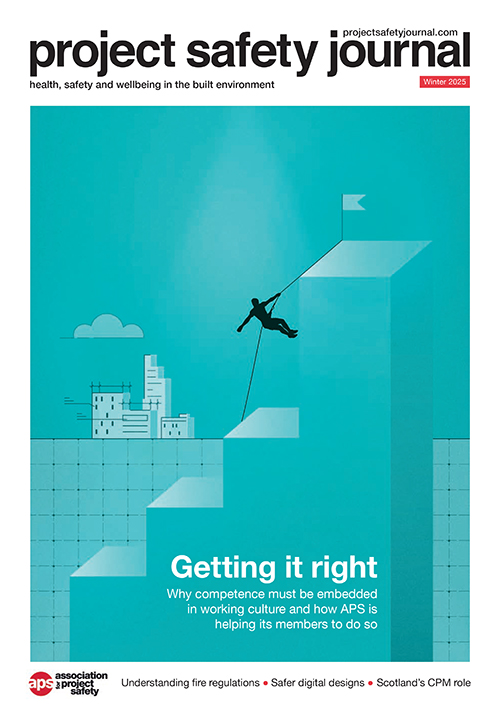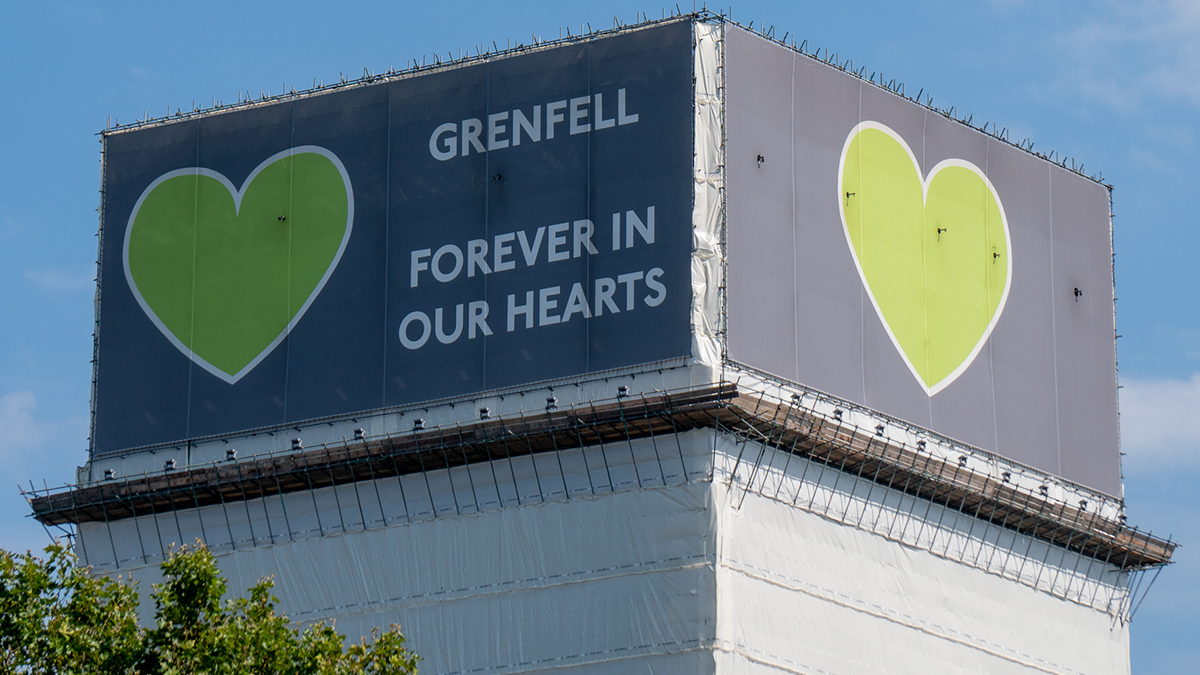
The prime minister has said that companies named and shamed in Phase 2 of the Grenfell Inquiry report will not be handed government work in future.
Addressing MPs in the commons on the day the Grenfell Inquiry Phase 2 report was published (September 4), Keir Starmer said: “This government will write to all companies found by the Inquiry to have been part of these horrific failings as the first step to stopping them being awarded government contracts.”
His response comes as industry bodies reacted to the report’s findings, with the APS calling it a “catalyst for change”.
Starmer’s plans to ban shamed companies satisfies one of the key demands of survivors’ group Grenfell United, which yesterday said firms condemned by today’s report should be barred from public sector work.
Starmer added: “We will also reform the construction products industry that made this fatal cladding so homes are made of safe materials and those who compromise that safety will face the consequences.”
He said the government “will support the Met Police and the prosecutors as they complete their investigations”. But he warned: “It is vital that as we respond to this report today, we do not do or say anything that could compromise any future prosecution. Because the greatest injustice of all would be for the victims and all those affected not to get the justice they deserve.”
The Inquiry report said that the Grenfell fire which killed 72 people on 14 June 2017 was “the culmination of decades of failure by central government and other bodies in positions of responsibility in the construction industry”. It also blamed the “systematic dishonesty” of construction companies that manufactured cladding for the tower block’s refurbishment.
‘Decades of failure’
Sir Martin Moore-Bick, the Inquiry chairman, called out “decades of failure” by government ministers and officials who ignored a series of warnings over the risk of cladding fires.
He said regulators had put “commercial interests” above building safety and had been “complicit” in allowing manufacturers to “manipulate” fire testing data.
Association for Project Safety (APS) president Mark Snelling said: “Today, we received the Phase 2 report of the Grenfell Tower Inquiry. In the coming days, APS will forensically study the report findings and will then be in a position to make a more detailed assessment.
“What is clear, following this morning’s publication, is that the findings and recommendations contained within this report are of critical importance to the future of the UK built environment.
“The scale of the Grenfell tragedy will profoundly impact the approach to future construction safety and the report reinforces an APS commitment to ensure the safety of those living in our communities is robustly upheld. This is a catalyst for change.”
‘A reflection of the worst of UK construction’s culture and practices’
The Construction Leadership Council (CLC) said: “The Inquiry’s findings are a serious and comprehensive reflection of the worst of UK construction’s culture and practices; which led to a tragedy that should and could have been avoided. We fully respect those findings and offer our sympathies and condolences to the families and wider Grenfell community.
“The Inquiry has also put forward a number of recommendations for both our industry and government, to ensure that such a tragedy is never repeated. The CLC, as the representative body for the entire UK construction industry, will now study these recommendations and engage with industry and the government as to how they can be taken forward through our ongoing work on building safety.”
The Chartered Institute of Housing (CIH) said it will provide further analysis and a detailed briefing for its members on the Inquiry’s findings in the coming days.
Gavin Smart, chief executive of the CIH said: “Our focus must be on creating homes where safety is paramount and where resident concerns are treated with the gravitas that they deserve. The report highlights critical lessons for all of us working in housing.
“As we reflect on the Inquiry’s findings we also think of the 72 lives lost at Grenfell and the very personal loss felt by their families, friends and communities.”
‘Essential to recognise the findings’
A Construction Industry Council spokesperson said: “It is essential that government and the construction sector recognise the findings reported and that we learn the lessons and continue to respond to create an industry and a culture where safety, competence and compliance with the law is an absolute priority. Only then will public trust in the sector be restored.”
He added that the CIC believes that “every construction professional should fully familiarise themselves with the report and its recommendations”.
RIBA chair of the board Jack Pringle said: “The report makes clear that people’s safety requires reform of structures and regulations. This includes systemic change within the construction industry, and a fundamental shift in culture and behaviours. This is a collaborative endeavour and RIBA has committed to playing a leading role.
“As the Inquiry also notes, RIBA has taken steps since June 2017 to improve education and training in our profession. With the benefit of these comprehensive findings, and as recommended, we will review the measures already introduced.
“Many of the report’s insights and recommendations, particularly on the role and responsibilities of an architect, have great relevance for our members. We will take time to study them in detail, update our members, and continue to play an active role in the creation of a safer built environment.”
‘The deaths were avoidable’
Mark Elliott, President of the Chartered Institute of Environmental Health, said: “We welcome this report and the government’s commitment to consider its recommendations carefully to ensure that such a tragedy can never occur again. Everyone with responsibility for building safety will need to reflect on the implications of the report.
“The deaths that occurred in this tragedy were avoidable. The report shows that the people who lived in the tower were badly failed by the institutions which should have ensured their safety.”
“The report also illustrates the danger of the pursuit by government of a deregulatory agenda to the point where matters affecting the safety of life are disregarded.”
New Competency Outcomes for architects
The Architects Registration Board (ARB) said: “Informed by Dame Judith Hackitt’s earlier recommendations and enabled by new legislation in the Building Safety Act 2022, ARB has introduced a new mandatory scheme for continuing professional development, which will apply to all registered architects. ARB has also developed new Competency Outcomes that all providers of ARB-accredited qualifications in architecture must meet.
“The Grenfell Tower Inquiry Phase 2 Report recommends that ARB review the changes we have already made to the training and education of architects, to ensure they are sufficient in the light of the Inquiry’s findings. We will do this and will publish our assessment.
“The report also finds that the architects appointed on the Grenfell Tower refurbishment ‘fell significantly below the standard reasonably to be expected’. The Inquiry has expressed concerns that this may be widespread within the profession. We will consider those findings in further detail, and take into account the involvement of other authorities with prosecuting powers before deciding what further action may be required.
“We will also take time to consider the whole of the report, including in particular the need to ensure a profound shift in culture and behaviour in the built environment sector.”





